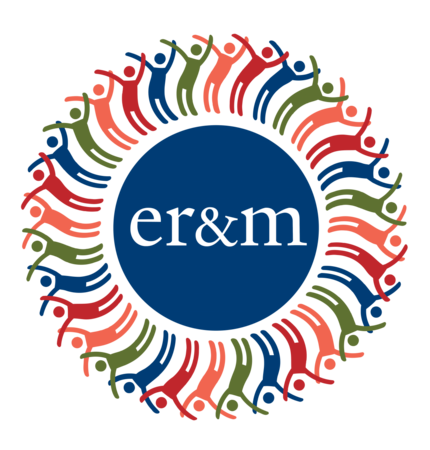Academics
The program in Ethnicity, Race, and Migration
Our program enables students to engage in interdisciplinary, comparative study of forces that have created a multicultural, multiethnic, and multiracial world. The major emphasizes familiarity with the intellectual traditions and debates surrounding the concepts of indigeneity, ethnicity, nationality, and race; grounding in both the history of migration and its contemporary manifestations; and knowledge of and direct engagement with the cultures, structures, and peoples formed by these migrations.
Prospective majors must consult the director of undergraduate studies early in their academic careers to discuss an individual plan of study and obtain permission to enroll in the major prior to the fall semester of their junior year. The director of undergraduate studies will make sure that all prospective majors have completed proper preparatory coursework as freshman and sophomores.
Undergraduate Program
 The major emphasizes familiarity with the intellectual traditions and debates surrounding the concepts of indigeneity, ethnicity, nationality, and race; grounding in both the history of migration and its contemporary manifestations; and knowledge of and direct engagement with the cultures, structures, and peoples formed by these migrations.
The major emphasizes familiarity with the intellectual traditions and debates surrounding the concepts of indigeneity, ethnicity, nationality, and race; grounding in both the history of migration and its contemporary manifestations; and knowledge of and direct engagement with the cultures, structures, and peoples formed by these migrations.
Graduate Certificate
The aim of the graduate certificate is to provide graduate-level coursework, taught by ER&M affiliate faculty, in the interdisciplinary and comparative study of race, transnational migration, and indigeneity within a global framework, and to certify students who complete the program to improve their chances of obtaining post-degree employment in related fields.